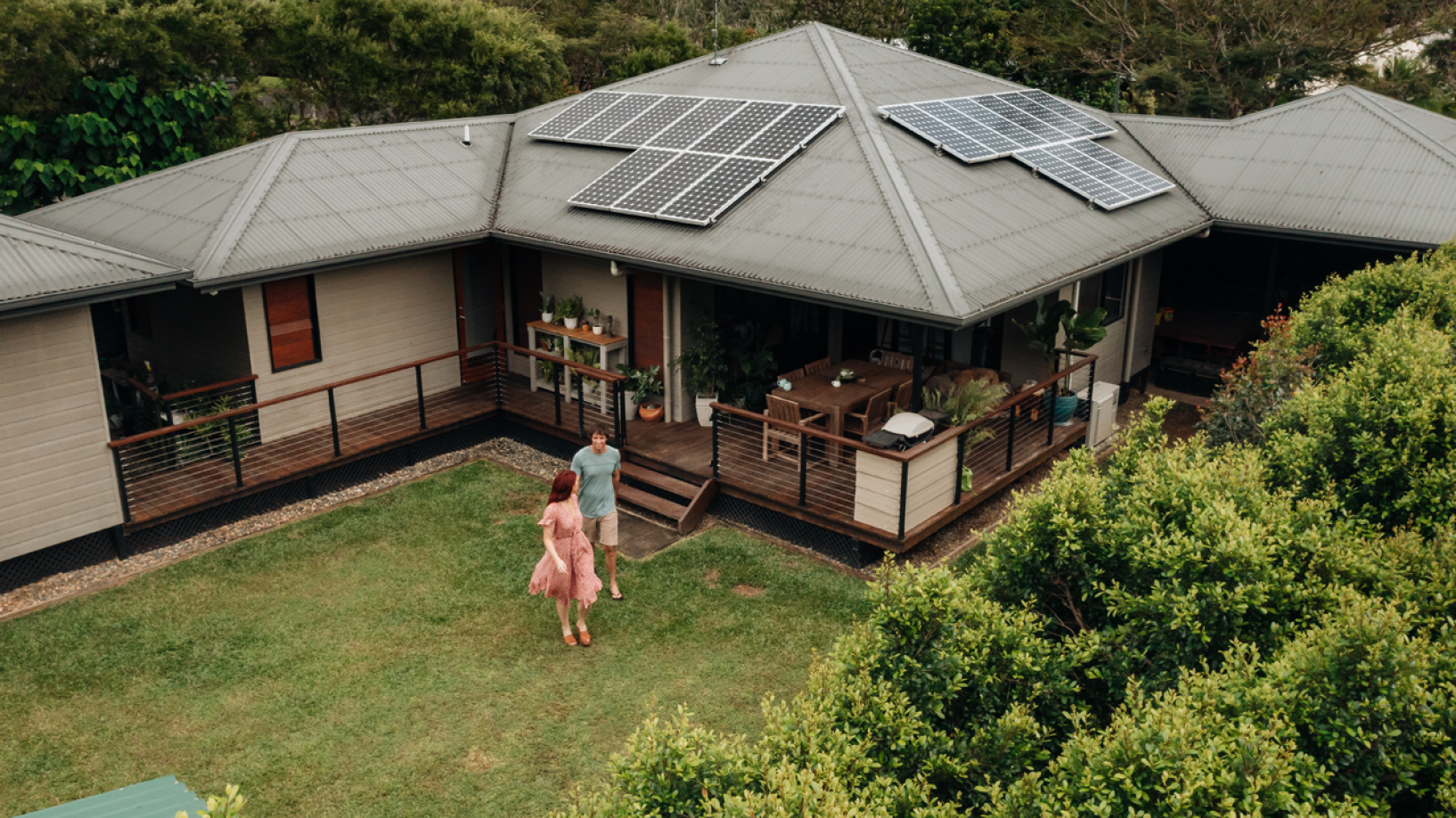Energy Consumers Australia has welcomed the announcement of new rules that will govern how Australians are rewarded for exporting solar energy to the grid in the future.
The change, dubbed ‘Smart Solar Reforms’ by the Australian Energy Market Commission, is a necessary intervention that will allow the global success story that is Australia’s adoption of rooftop solar to continue – extending the benefits of rooftop solar ownership to millions of additional people over the coming decade.
“On balance we support these changes because we have examined them thoroughly and are confident they will pave the way for more rooftop solar and more battery storage of different kinds,” Energy Consumers Australia Chief Executive Officer Lynne Gallagher said. “They will do that while leaving the overwhelming majority of Australian energy consumers better off.”
Some customers who purchase solar systems are currently being prohibited from exporting solar energy in an attempt by networks to limit the amount being exported to the grid.
Under the changes announced today, network companies will no longer be allowed to apply such “blanket bans” and consumers will have the choice to opt into “paid plans”, changes that Ms Gallagher said were an important win for rooftop solar owners.
“We understand that this package of measures has been contentious and that there are different points of view on it,” she said. “Striking a balance in the long-term interests of consumers is extremely difficult when it comes to an issue of this complexity.”
Throughout the AEMC’s consultation process, Energy Consumers Australia has advocated for additional protections that were in the interests of existing and future solar customers.
“We are pleased to see additional protections have been added to the AEMC’s original proposal, which should go some way towards addressing the legitimate uncertainty and even concern among some segments of the Australian community around what had been proposed,” Ms Gallagher said.
New protections have been added to the plan, including a requirement for a “basic free service” that will set a level below which consumers can export power into the grid without being charged.
Other consumers may opt for “paid plans”, which are likely to offer consumers the ability to earn more for exporting solar energy at times when it is helpful to the system and less at times – such as during the middle of the day on sunny days – when there is more unused solar being exported than the system needs or can handle.
According to the AEMC’s modelling, consumers who opt into “paid plans” but make no change to the way they consume energy would – on average – receive 90% of the tariffs they are currently paid.
But those who are able to shift to exporting energy at times when rewards are greater would be substantially better off under the changes. This could involve storing energy in a household or community battery or even in an electric vehicle and discharging it later. It could also involve time-shifting energy use, such as using washing machines, dishwashers and heating hot water during the day instead of at night.
The changes will be held back until 2025 for existing customers, giving the millions of Australians who are potentially affected time to understand the changes and decide on the best response for them.
“We are also pleased to see that the AEMC has given the Australian Energy Regulator substantial power to regulate how networks provide export services to consumers and to impose stringent requirements for them to report back to the regulator on what they are doing,” Ms Gallagher said.
“The AER will now review and sign off on network plans to apply the new rules and will impose a test of whether new pricing incentives and schemes they put forward are in the long-term interest of consumers,” Ms Gallagher said.
“These changes are good for the overall system and should remove a current handbrake on the growth of rooftop solar, allowing our grid to decarbonise as we know it must.
“But the chief reason we support these changes is that they will deliver for consumers, meeting their changing needs and expectations and allowing them to benefit from the energy transition that is taking place.”
About Energy Consumers Australia
Energy Consumers Australia is the independent, national voice for residential and small business energy consumers. We enable residential and small business energy consumers to have their voices heard by the sector by working with other consumer groups to gather evidence-based research with a national perspective, distil it to key viewpoints, and feed it back to the market to influence outcomes.
Media Contact: Dan Silkstone, 0414622762

